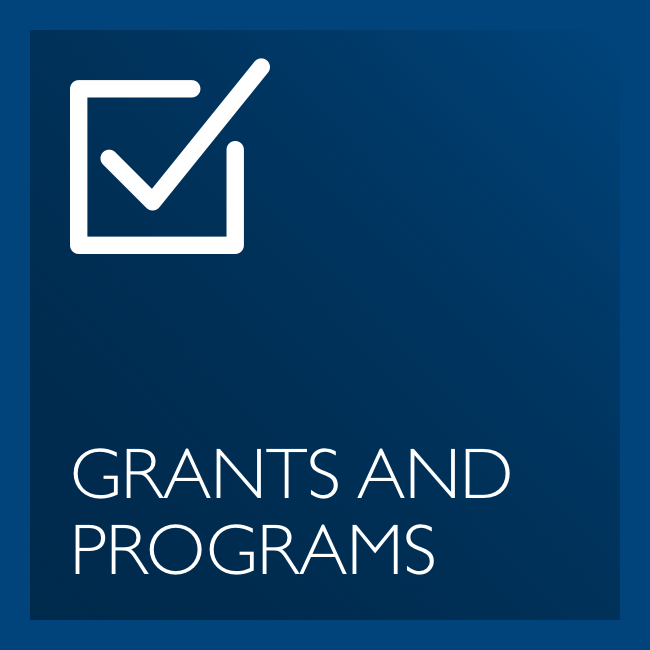Philanthropy @ Work – Transitions – August 2025
The latest on transitions from the field.
Philanthropy @ Work – Grants and Programs – August 2025
The latest on grants and programs from the field.
Building a Better Bridge Between Funders and Communities
We are experiencing a watershed moment for philanthropy-funded social change efforts in the United States. The partnerships, knowledge, and resources that funders leverage have never been more important in contributing to the conditions that communities need for everyone to thrive, without exceptions. With such a rapid pace of change happening all around us, how can funders make the most of their role in supporting and advancing large-scale, transformative impact? The answer is to look forward with the benefit of hindsight and with partners who understand where and how to take those next steps.
The Ethel and James Flinn Foundation: June 2022
The Ethel and James Flinn Foundation is accepting proposals from nonprofit organizations that deliver mental health care and services in southeast Michigan (Wayne, Oakland, Macomb, and Washtenaw).
Blue Cross of Massachusetts Foundation: June 2022
The Blue Cross Blue Shield of Massachusetts Foundation released a report outlining key strategies for maintaining Medicaid coverage when the federal government ends the COVID-19 public health emergency, a regulatory transition that will put many eligible individuals at risk of becoming uninsured.









